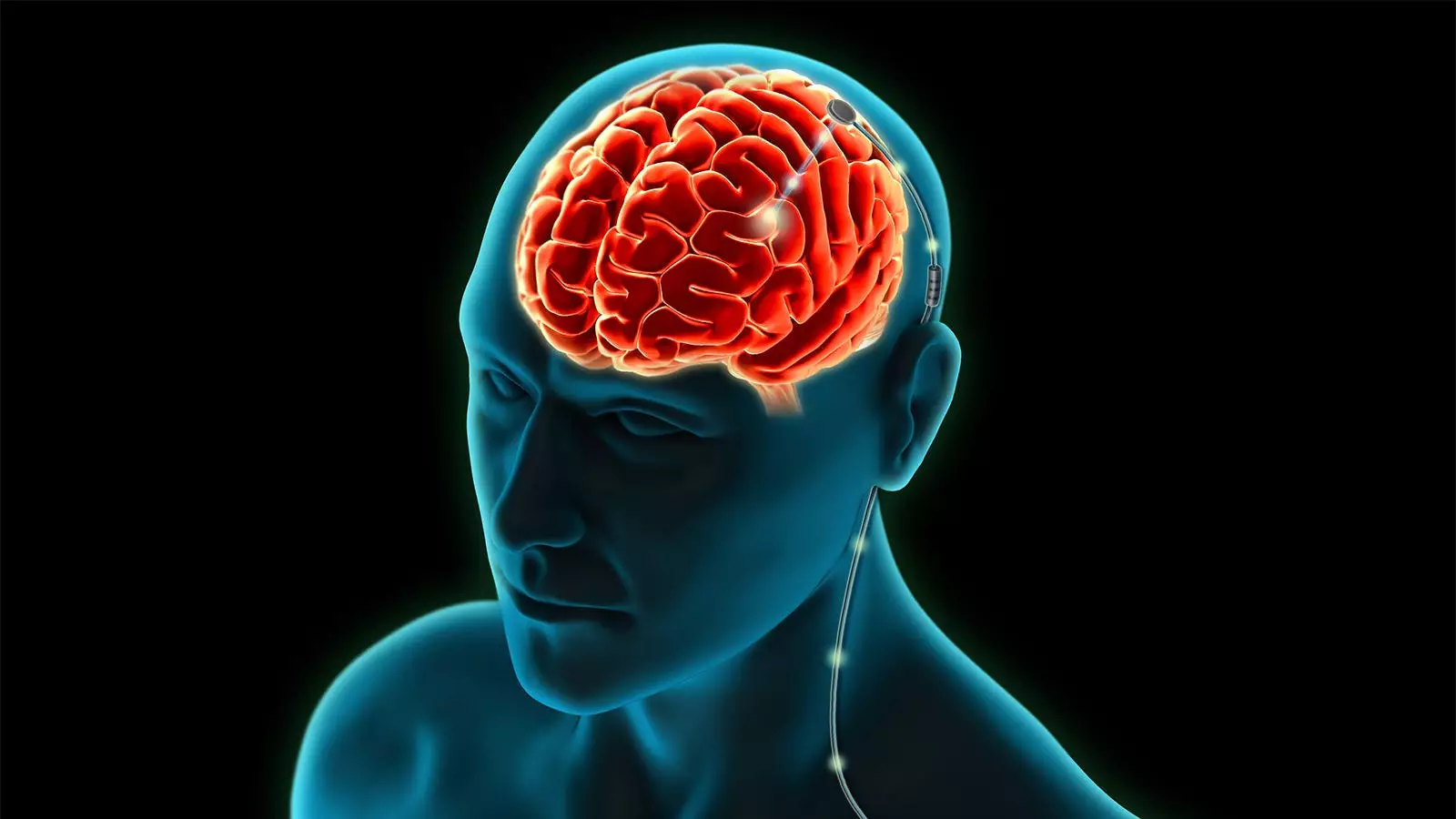In a recent pilot study conducted by the University of California San Francisco, personalized neural signals were used to deliver adaptive deep-brain stimulation (DBS) to patients with Parkinson’s disease. The results of the study showed a significant improvement in motor symptoms, with a 50% reduction in symptom duration compared to conventional DBS. This groundbreaking approach has the potential to revolutionize the treatment of Parkinson’s disease and improve the quality of life for those living with the condition.
Unlike conventional DBS, which delivers constant stimulation parameters and is not responsive to a patient’s activity or symptoms, adaptive DBS is designed to sense Parkinson’s symptoms before they occur and adjust the stimulation accordingly. This personalized approach allows for precise calibration of the amount of stimulation needed to prevent symptoms, leading to better symptom management and overall improvement in quality of life for patients.
The pilot study included four male Parkinson’s patients who were optimized on continuous DBS. Through continuous recordings and wrist-worn monitors reporting bradykinesia and dyskinesia scores, researchers were able to identify reliable biomarkers of Parkinson’s motor symptoms in these patients. By personalizing adaptive DBS for each patient based on these signals, the study demonstrated significant improvements in motor symptoms and patient-reported quality of life.
While the findings of the study are promising, it is important to note that the sample size was small, and further research is needed to validate the results. The researchers emphasized the need for larger clinical trials to evaluate personalized adaptive neurostimulation in Parkinson’s and other neurologic disorders. The scalability of adaptive DBS will depend on further automation of sensing and stimulation algorithms, as well as the integration of data from wearables and patient-reported symptoms.
One of the key challenges facing the widespread adoption of DBS, even in approved indications like Parkinson’s, is access. Both patients and physicians require special training to program these devices, which can limit availability. However, adaptive DBS has the potential to overcome these barriers by providing personalized and efficient treatment options for patients with Parkinson’s disease.
The use of personalized adaptive DBS represents a significant advancement in the treatment of Parkinson’s disease. By leveraging neural signals to deliver precise and individualized stimulation, this innovative approach has the potential to improve symptom management and enhance the quality of life for patients. With further research and development, adaptive DBS could pave the way for a new era of personalized neurostimulation therapies for Parkinson’s and other neurological disorders.


Leave a Reply